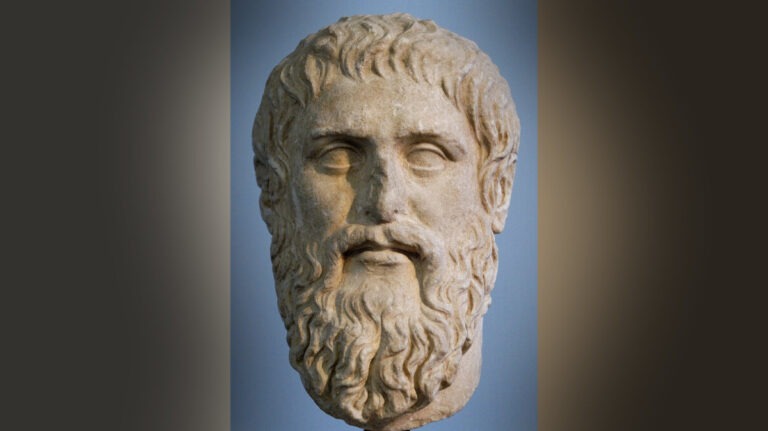Yes, Plato believed in souls, but not in heaven nor hell. In Plato’s time, the underground realm of Hades was where we all went after death. His ideas were very influential for future concepts though. His ideas laid the groundwork for what would later evolve into the modern concept of heaven. The modern idea of heaven was not forged until about three centuries after Jesus Christ, which was about seven centuries after Plato.
Plato believed in the existence of the soul as an immortal essence and envisioned a complex afterlife that included different realms beyond the physical world. For Plato, the soul existed before birth and would persist after the body’s death, embarking on a journey through various states of existence. Central to his philosophy was the realm of Forms, a transcendent place where eternal and perfect ideals exist. This intellectual and spiritual realm can be seen as a precursor to the modern idea of heaven, though Plato’s conception was not a heaven in the religious sense but rather a state of ultimate knowledge and purity.
In addition to the realm of Forms, Plato also spoke of the material world in which we live, as well as Hades—a place where souls go immediately after death—and the Isle of the Blessed, where souls of the virtuous reside in a state of bliss. These ideas are explored in his dialogues, such as the “Phaedo” and the “Republic,” where he outlines his vision of the soul’s journey and its purification process through multiple lifetimes until it can finally escape the cycle of rebirth and attain a state of perfection.
Deep Dive Invitation: Intrigued by Plato’s intricate views on the soul, the afterlife, and realms beyond our material existence? If you’re eager to delve into the philosophical underpinnings of these concepts and trace their influence on later ideas of heaven and the soul, take the 11-minute deep dive: Echoes of the Self: Exploring Consciousness Across the Ages.









